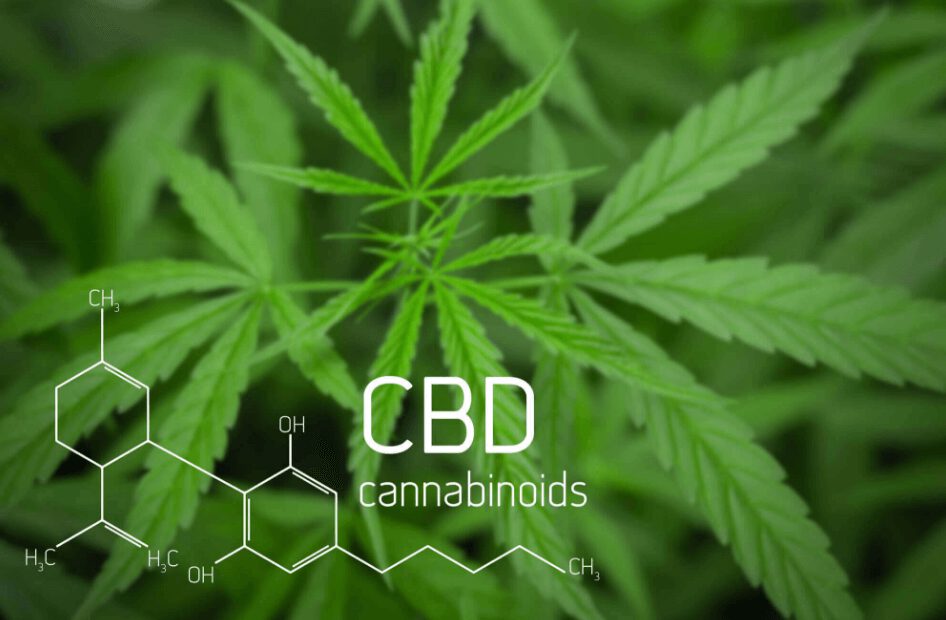Why You Should Use CBD Cream for Pain and Inflammation – Cannabidiol (CBD) is an incredibly fast-growing trend in natural pain relief. This safe, non-psychoactive substance is also non-habit-forming and can be used on the skin daily in the form of CBD pain relief cream. It can be derived from the hemp plant or created in a laboratory.
CBD products have flooded the market since the passage of the Farm Bill in 2018 legalized the regulated production of hemp, which up until the bill’s passage had not been differentiated from other cannabis plants, which produce the psychoactive compound tetrahydrocannabinol, or THC.
If you’re suffering from pain and inflammation, it’s important to understand how CBD hemp oil for pain works and what kinds of pain CBD cream can be effective in treating.
How Does CBD work?

There are a variety of different ways to experiment with CBD oil for pain management. CBD can be ingested through pills or under the tongue (sublingually), inhaled through a number of different vaping devices, or applied topically. Topical applications are usually the most convenient for newcomers to CBD, as they provide concentrated, specific, and quick-acting pain relief. But how exactly does CBD relieve pain?
When applied to, ingested by, or inhaled into the body, CBD works to inhibit pain receptors. This inhibition makes the brain feel less pain because the nerves telling the brain to feel pain are being blocked by compounds found in the applied CBD.
CBD can also limit inflammation. When this inflammation decreases in the brain and nervous system, it means less pain will be felt in general. However, with the use of a topical CBD cream, it’s easier to block chemicals that produce inflammation directly at the source. This is one reason that CBD cream can be incredibly effective for combating concentrated inflammation and pain.
What can CBD help with?
There are currently many studies being done on the effects of CBD on various conditions that produce pain and inflammation, as well as its effect on other diseases. Here’s a non-exhaustive guide to some issues with which CBD can provide help:
- Arthritis. Preliminary research studies suggest that the use of CBD can help with relieving some of the pain and inflammation associated with osteoarthritis. Although more of these studies need to be conducted on humans before conclusive proof can be shown, many doctors do not dismiss the potential benefits of CBD products like CBD oil, edibles, or creams to reduce inflammation.
- Multiple sclerosis (MS). Patients with MS who used CBD reported lower levels of spasticity and reduced pain, improving quality of life significantly for people dealing with the symptoms of this disease. Again, more research is needed to prove this correlation conclusively, but researchers are expecting to see these results repeat themselves in further studies.
- Other issues/disorders/causes of pain. Studies have shown that CBD can help mitigate the following conditions:
- Anxiety
- Seizures or epilepsy
- Drug withdrawal
- Alzheimer’s disease
- Hormonal acne
- Type 1 diabetes
- Schizophrenia
- Insomnia
- Post-traumatic stress disorder (PTSD)
Final Thoughts:
If you’re looking for natural pain relief, CBD is a great choice. CBD can be used as a substitute for nonsteroidal anti-inflammatory drugs (NSAIDs) like ibuprofen, which can be damaging to internal organs or addictive if used too often. There are also studies being done on the effects of CBD on chronic pain, with the hope of using CBD to treat patients suffering from opioid addiction or using it as an alternative to opiates in the first place. Please Visit: Drug rehab program in Denver
CBD isn’t just for chronic or serious pain, either; topical creams can be especially effective for sore feet after a long day of standing, sunburn after a long day outside, or a sprain or strain injury from physical activity.
CBD creams are a relatively simple, effective way to try to alleviate pain and inflammation caused by a chronic condition, sports injury, or other reasons.
